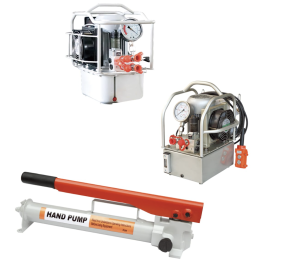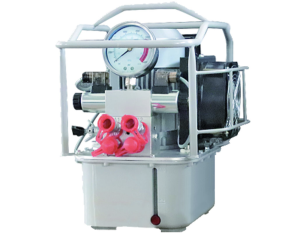
The unsung heroes of machinery longevity and efficiency are often hidden behind the scenes – industrial lubricants. These vital substances reduce friction, heat, and wear and tear in the complex machinery that powers industries. This article will delve into the diverse world of industrial grease, exploring its types, applications, and key factors when choosing the right lubricant for specific industrial needs.
Types of Industrial Lubricants
Oil-Based Lubricants
Oil-based lubricants are the most common type, encompassing various applications. These lubricants, derived from mineral, synthetic, or vegetable oils, offer excellent heat dissipation and viscosity stability. They are suitable for high-speed machinery and applications with varying temperature conditions. Common oil-based lubricants include hydraulic oils, gear oils, and compressor oils.
Greases
Greases are semisolid lubricants consisting of a base oil and a thickening agent. They provide better adhesion and stay in place, making them ideal for applications where oil might drip or not adhere well. Greases are commonly used in gears, bearings, and other components that require long-lasting lubrication. Different thickeners, such as lithium, calcium, or polyurea, impart distinct properties to greases, affecting their performance in specific environments.
Solid Lubricants
Solid lubricants, such as graphite and molybdenum disulfide, are dry lubricants that reduce friction without needing a liquid or semisolid carrier. These lubricants are commonly used in extreme conditions where traditional lubricants may fail, such as high temperatures, vacuum environments, or aggressive chemicals. Solid lubricants find applications in the aerospace, automotive, and semiconductor industries.
Applications of Industrial Lubricants
Automotive Industry
In the automotive sector, industrial lubricants are pivotal in ensuring the seamless operation of engines, transmissions, and other critical components. Engine oils, transmission fluids, and greases contribute to fuel efficiency, reduce wear on moving parts, and extend the overall lifespan of vehicles.
Manufacturing and Machinery
Industrial machinery, ranging from conveyor belts to heavy-duty equipment, relies on lubricants to maintain optimal performance. Gear oils, hydraulic fluids, and greases are commonly used in manufacturing processes to reduce friction, enhance efficiency, and prevent costly breakdowns.
Aerospace and Defense
In the aerospace and defense industries, where extreme conditions are commonplace, the choice of lubricants is critical. Aerospace applications demand lubricants that withstand high temperatures, low pressure, and aggressive environmental factors. Solid lubricants, particularly, find utility in the intricate mechanisms of aircraft and spacecraft.
Key Considerations for Choosing Industrial Lubricants
Operating Conditions
Understanding the specific operating conditions is paramount when selecting industrial lubricants. Factors such as temperature range, pressure, and environmental exposure influence the lubricant’s performance and longevity.
Compatibility with Materials
Compatibility with materials is crucial to prevent damage to machinery components. Certain lubricants may react negatively with specific materials, leading to corrosion or degradation. It is essential to choose lubricants that are compatible with the materials in the system.
Load Capacity
Different applications impose varying loads on machinery components. Choosing a lubricant with an appropriate load-carrying capacity ensures optimal protection against wear and extends the lifespan of critical components.
Viscosity
Viscosity, or the thickness of the lubricant, is a critical factor in its performance. It affects the lubricant’s ability to flow and adhere to surfaces. Selecting the right viscosity grade ensures proper lubrication under specific operating conditions.
In conclusion, lubricants take center stage in the intricate dance of industrial machinery, silently ensuring the smooth operation and longevity of critical components. From the fast-paced world of automotive manufacturing to the precision of aerospace engineering, the choice of industrial grease is a nuanced decision that directly impacts performance, efficiency, and maintenance costs. By understanding the diverse types of lubricants, their applications, and the key considerations in their selection, industries can confidently navigate the complex landscape of industrial lubrication, keeping their machinery running like well-oiled machines.





